Anthony Albanese and NSW Police at odds as October 7 ‘outrage’ rally gets green light
Anthony Albanese and NSW Police are divided over whether a rally orchestrated by extremist group Hizb ut-Tahrir should be allowed to go ahead on the anniversary of Hamas’ Israel attacks.
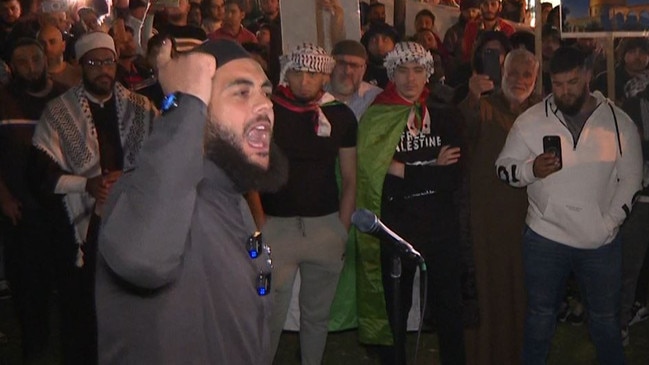
Anthony Albanese and NSW Police have become divided over whether an “outrage” rally orchestrated by extremist group Hizb ut-Tahrir should be allowed to go ahead on the anniversary of Hamas’ October 7 attacks.
The state’s police force confirmed on Friday it had green-lit the rally in southwest Sydney, confirming officers were working with the organiser and saying the force “respected the right” of peaceful and lawful assembly.
This came in spite of the Prime Minister publicly condemning Hizb ut-Tahrir and criticising pro-Palestine protests planned to coincide with the anniversary of the horrific terror event.
The prospect of Hizb ut-Tahrir’s rally comes after a protracted negotiation and court process between police and the Palestine Action Group, who will host a separate Sydney CBD rally on Sunday and forge ahead with an unauthorised vigil on Monday.
Although Hizb ut-Tahrir are not banned in Australia, unlike in the United Kingdom, the organisation has been heavily criticised for promoting extremism and celebrating Hamas’ October 7 attacks.
On Friday, Mr Albanese “condemned” Hizb ut-Tahrir, saying Monday should be a “solemn day” to recognise the anniversary’s “horrors”, believing any rally with their involvement should be cancelled.
“I have no time (for) and condemn that organisation... (the rally) won’t be sanctioned,” he said.
“I believe very strongly that those planning any events on October 7 should recognise that that is not the time...”
NSW Police assistant Commissioner Peter McKenna said there appeared to be “goodwill” from the organisers and he hoped there’d be no issues, but that if people arrived with the “wrong intentions” and committed any offence police would take “appropriate action”.
“I wouldn’t speak for the prime minister, I’ll speak for myself as a police leader... I’m apolitical and (the police) are there for public safety,” he said.
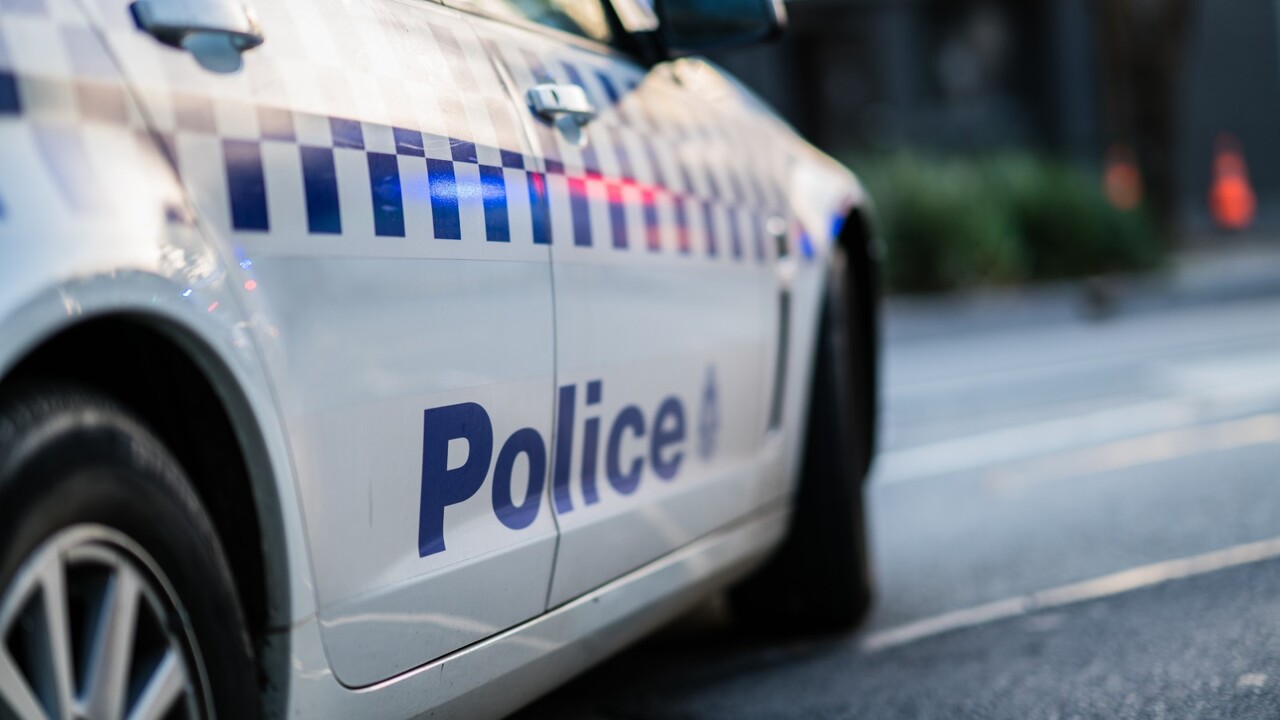
On Thursday, a Hizb ut-Tahrir front, Stand for Palestine, advertised its “rally for Palestine and Lebanon”, taking place outside Sydney’s Lakemba Mosque on Monday.
The rally would send a “defiant message”, the group said, who are also suggesting it’s endorsed by about 40 Islamic organisations, including the Lebanese Muslim Association and the Australian Federation of Islamic Councils, two of Australia’s largest and most influential.
Sheiks and community leaders will address the rally, and there’ll also be a form of Islamic prayer for people killed.
The Muslim Vote, a new political group aiming to topple Labor and which is now co-ordinating pro-Palestine independent Ziad Basyouny’s campaign, are also listed as rally partners.
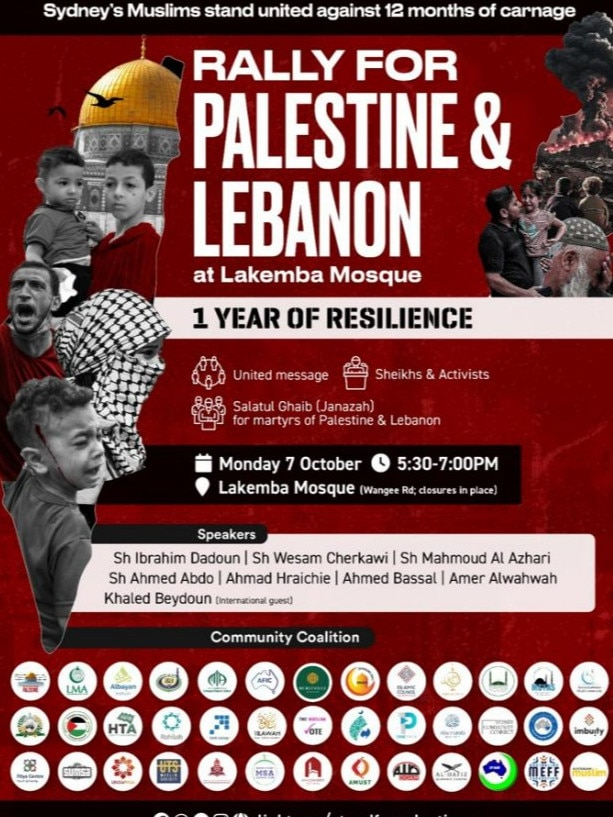
It’s convener, Sheikh Wesam Cherkawi, is billed to speak at the event alongside Amer al-Wahwah, a regular Hizb ut-Tahrir speaker and administrator of its Stand for Palestine WhatsApp group.
NSW Premier Chris Minns said while he and police knew of the rally he had not been aware of Hizb ut-Tahrir’s involvement, standing firm in his belief of its “inappropriateness”.
“To hold a rally on the day when people were massacred is grossly insensitive, in my opinion,” he said, adding of most concern remained the CBD rallies due to their proximity to “sensitive areas”.
Hizb ut-Tahrir are registered as a terror organisation in the United Kingdom and Germany, but the Albanese government has resisted calls to follow suit. In May, some of its activists infiltrated the University of Sydney’s pro-Palestine encampment.
The group’s Australian arm has formally partnered with the rally — Stand for Palestine have made efforts to claim the two groups are not linked — which was first advertised by Mohammad Al-Wahwah, another administrator of the Stand for Palestine WhatsApp group and a relative of Hizb ut-Tahrir Australia founder Ismail Al-Wahwah.
Stand for Palestine’s Telegram group is administered by a Tunisian Hizb ut-Tahrir activist.
Hizb ut-Tahrir organised the now-infamous Lakemba rally the day after Hamas’ attacks, where fireworks were set off and Sheik Ibrahim Dadoun – a frequent speaker at the group’s events – said he was “elated”, telling a crowd that October 7 was a “day of courage”. He later claimed his words were taken out of context.
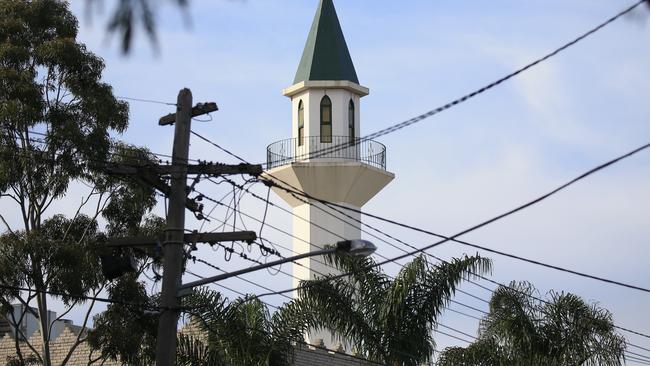
Hamas killed about 1200 people and took 250 taken hostage on October 7, which also included rape and beheadings. The attack sparked an Israeli offensive in the Gaza Strip that has since killed about 42,000 Palestinians, according to Hamas-run Gazan health officials.
When asked about the sheik’s involvement, given his comments last year, Mr Minns said hate speech would not be tolerated.
“We cannot allow a situation where hate or anti-Semitism creeps into public discourse,” he said.
“If there's any (criminality) breaches in protests, in public sermons, in speeches over this weekend, it will be met with very strict laws in relation to hate speech.”
But Opposition home affairs spokesman James Paterson said the government had “emboldened” extremist organisations and October 7’s rallies.
“This event is deliberately provocative, deeply offensive and should not go ahead,” the senator said.
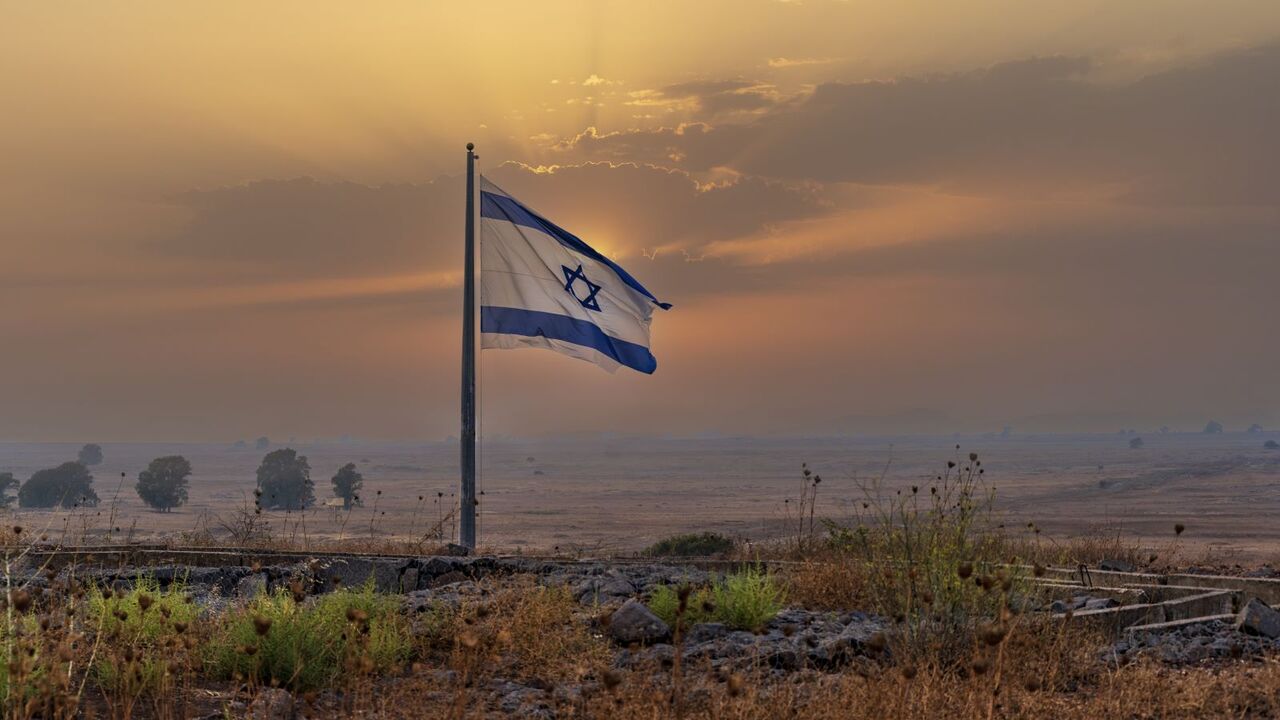
Road closures are in place for the rally, which was also promoted by Faraz Nomani, another Hizb ut-Tahrir and Stand for Palestine activist.
Jewish leaders have said that they don’t oppose protests, but urged activists to hold rallies around, not on, October 7.
Mr Minns warned of a “high prospect of conflict” across the next 72 hours, backing the police’s move to oppose the October 6 and 7 rallies planned by the PAG.
The premier said the PAG’s assertion that Monday’s vigil had been approved were untrue and if it turned into a rally it would be met with an “overwhelming police response”
The PAG abandoned attempts to “authorise” Monday’s event, meaning that while the vigil could proceed, those attending would not have protection from offences such as trespassing.
The premier, who met faith and Lebanese leaders this week, hit out at the PAG’s organisers, accusing them of not representing the communities on behalf of whom they are protesting.
But the PAG’s organisers have criticised the response from the premier and police, saying people had a “right to mourn”.
Prominent Lebanese Muslim community leader Jamal Rifi said his community backed the calls for safety and harmony, urging protesters to avoid Hezbollah flags, but that legal demonstrations allowed people to “overcome their helplessness” about what was happening in Lebanon.



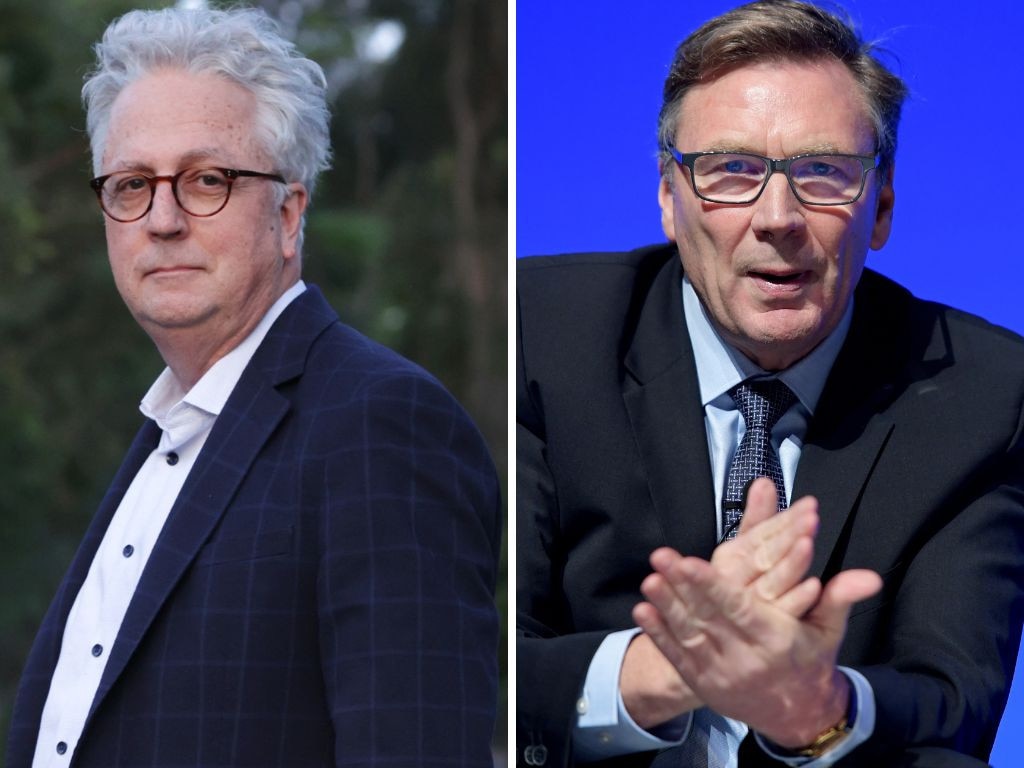
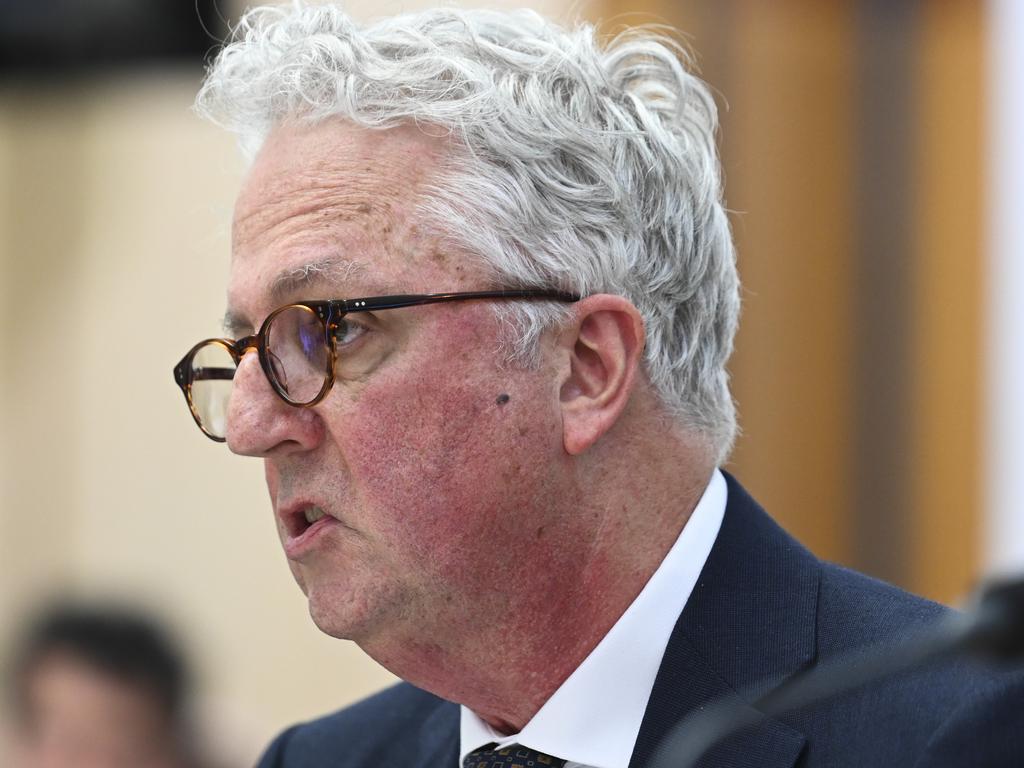


To join the conversation, please log in. Don't have an account? Register
Join the conversation, you are commenting as Logout